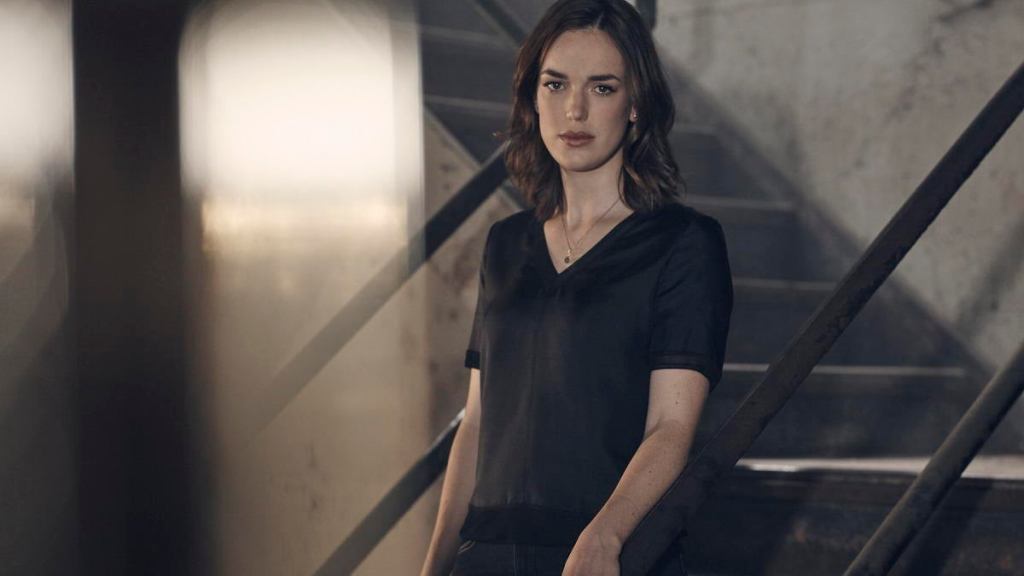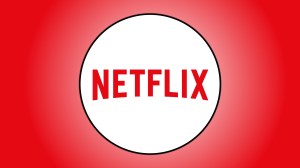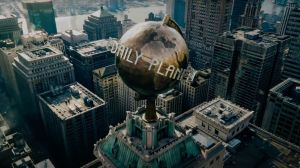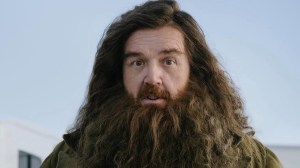Not long after Mighty Morphin Power Rangers star Amy Jo Johnson directed an episode of The CW’s Superman & Lois, they doubled down on genre actors with the Arrowverse debut of Marvel’s Agents of SHIELD star Elizabeth Henstridge, who directed tonight’s episode, “Anti-Hero.” Henstridge, who directed a fan-favorite episode of SHIELD before the series ended, told ComicBook that she actively sought out producer Greg Berlanti in general, and Superman & Lois in particular, as she started digging into TV writing gigs.
Videos by ComicBook.com
The episode she landed was a doozy. Big moves that will change the direction of the series came up, and she managed to stick the landing, which has to be a relief on a new gig.
Henstridge joined ComicBook to answer some quick questions about the episode. You can catch it tomorrow morning on The CW’s website or on SVOD platforms like iTunes and Vudu. And, yes, spoilers ahead (although we’ve avoided the two biggest ones).
So, first of all: How did you cross over? Obviously there’s no delineating line between Marvel and DC really, but how did you end up having this gig?
Having done an episode of Agents of S.H.I.E.L.D., once that had aired, that meant that then had something to show. I did a couple of short films, and really, I went the route of having a lot of meetings with a lot of people, various executives at various companies. I was laser-focused on Berlanti. I love all his shows, I love what they say, I love the superhero genre. So when it comes to the doors I’m knocking on as a director, I went straight for Berlanti. So, that means a lot of meetings at Warner Bros., and watching a ton of his shows, and honing in on ones that I think I would be able to bring something to.
And I was just a massive Superman & Lois fan. I love this version of Superman, I love seeing him and Lois bringing up these teenagers and the reality of that and the difficulties that come with that. I love the small-town America aspect and how that’s shown, I think, in such a positive and also complicated light. It really spoke to me as a viewer on so many ways.
Then, as a director, the way that they shoot is really cool, and interesting, and different. They use different lenses, they use different techniques. It feels very different to any other superhero show, really. Not that that’s good or bad, it’s just interesting to me. So, I was really, really, really pushing to be able to direct an episode, and even just to be able to have meetings with the people involved, just to kind of say, “Hey, I’m here. I’m your biggest fan.” And then they were gracious enough to trust me with an episode, and it was just the best experience. It’s such a lovely show to have kind of visited for a bit.
When I spoke with Amy Jo Johnson, she said that this series has such high production values that it’s kind of like shooting a feature film. Granted, you haven’t made a feature, but how does it compare to some of your other experiences?
She’s so wonderful. Something about Amy is that she’s obviously an extremely talented director and an actor, but she was also so supportive of me as we crossed paths. I was in prep, and she was shooting, and we were all staying at the same hotel. She’s the real deal. She showed me so much kindness and encouragement, and there was a real comradery, which was so cool because you don’t often cross paths with many directors. Unless I’m shadowing, you’re not there at the same time.
But yeah, I totally agree. I haven’t directed a feature film, but Superman & Lois definitely has that feeling with the lenses that they use and kind of the style. And the inspiration I think is very filmic.
Amy said that her experience on an action-heavy show didn’t play into directing her episode, since it was so long ago, and the budgets were so small. That doesn’t really apply with SHIELD, so is there anything you carried over in terms of skills or awareness other directors might not have?
Definitely, yeah. And I think the main thing it did, was make me realize how much I love it. I think there can be a sense that doing stunt work and fights and green screen and wires is somehow too difficult. There’s a feeling that it’s untouchable in a way. But because I’ve been around it, and I’ve met the people that do know how to do it, I know I love it.
I think sometimes there can be a feeling that you have to be really good at MMA to know what angles to shoot that from, or you have to be from a stunt background in some way. The reality is there are experts around to say, “What’s your vision? Here’s how we would set the wires.” It’s not my job to know where to clip the wires onto, it’s my job to go, “Hey, this would be awesome,” and it’s such a team effort.
I think even though as an actor, I haven’t done a ton of stunts, I think just knowing that I find that exciting is enough of a confidence boost to go, you are in a team of people that are going to help you figure it out. So, yeah, I do think it helps just in knowing that the people that do stunts are human and artists just like we are and you kind of figure it out together as a team.
You had to do this really interesting thing where there’s Tal Rho, and Bizarro, and Anderson in the same room, and you have to bring out the humanity in each on some level.
Yeah. Anderson is such an interesting character to me, and I loved his progression. And Ian plays him so beautifully and we tweaked a lot in the script. Max [Cunningham] and Michael [Narducci], who wrote the script, are incredible writers, and as a team, we really wanted to get the Anderson journey right in this episode. It is so pivotal, and it changes things, and the baton is handed to Anderson to kind of go forward possibly as the big bad. We really wanted to justify that switch, and make it evident that he’s an army guy, he’s put his life on the line so many times, and kind of playing with that dichotomy of taking orders without questioning them, and then thinking he kind of expects everybody around him to do that, because that’s what he came up doing.
And then when things don’t quite pan out and he’s faced with this adversary that… Superman’s extremely powerful, and you can see where Anderson’s coming from. In that final scene, I think he feels like he’s met his contemporary, and that they want the same things.
Max and Michael, we spoke a lot about that scene at the end with Ally and Anderson, where Anderson can’t be seen as too threatening, because we have to see this person that in the end of it, still feels like he’s doing the right thing. We almost see the softer side to him in that final scene, that in a way he feels like he’s come home, and this is his hero’s journey, and that he’s survived and made it, and this is what’s going to kind of make things right in a way. This is his win.
Ian was brilliant in that. I mean, in all his scenes, but I feel like he brings this really interesting softness, that you kind of go, “This guy is, he’s not dangerous.” You don’t fear for Ally when he’s revealed in the middle of a car park at night. He has this kind of warmth about him that’s creepy, because you go, “Oh, my gosh, we’ve just seen you kill a guy.” That was all from Max and Michael, and that was their script, and it was interesting, and of course Ian played it just beautifully.
How much of this do you think is about execution? If you just gave me bullet points of this episode, you could look at Anderson’s story and be like “Wow, that was abrupt.” But the episode sells it.
Yeah. And that’s what’s so wonderful about the medium, is everybody coming together. It’s the music, and it’s the lighting, and Ally’s reaction. It’s such a group effort.
I think once you know the tone — once everybody’s on board with what tone we’re going for, then it’s a team effort, and the editor going, “Oh, yes. I know how to kind of do this and how quickly to cut away or linger.” You can’t quite put your finger on it, but when you’re in the edit and you see it, you’re like, “Yes, that’s what we’re going for. Keep that.”









